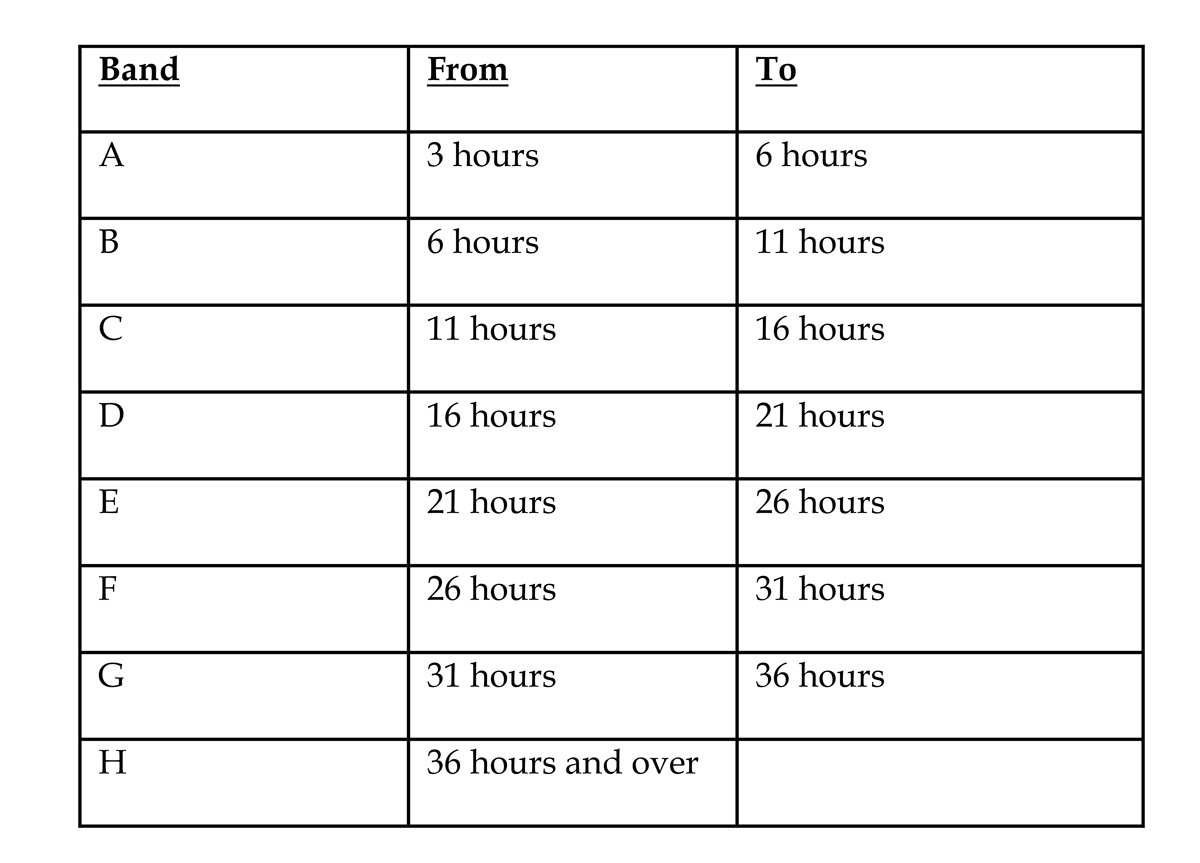New Year, New Law – Employment (Miscellaneous Provisions) Act 2018
The Employment (Miscellaneous Provisions) Act passed its final stage in the Oireachtas on 19 December and has been signed into law by the President. Although the Minister for Employment Affairs and Social Protection has announced that the Act will not be commenced until 1 March 2019, it is important that employers begin to familiarise themselves with the significant changes introduced by the Act so that they can ensure their businesses are prepared and compliant in advance of the March deadline.
What’s the issue?
The Act, which has been hailed by the Minister as “one of the most significant pieces of employment legislation in a generation” is designed to improve the security and predictability of working hours for employees on insecure contracts and those working variable hours. While the provisions criminalising false self-employment have been removed from the text of the Act the following protections remain:
Terms of employment
The Act provides for an amendment to the Terms of Employment (Information) Act 1994 which will now require employers to provide a written statement to employees outlining their basic terms of employment within five days of the commencement of their employment. This statement must include information on “the number of hours which the employer reasonably expects the employee to work” both per day and per week. Failure to provide such information or the provision of false or misleading information is a criminal offence punishable by a Class A fine and/or 12 months imprisonment. It will be a defence for an employer to demonstrate that it exercised due diligence and took reasonable precautions to ensure compliance.
Zero hours contracts
The Act prohibits zero hour contracts except in situations of genuine casual employment and where they are essential to provide cover in emergency situations or to cover short-term absence.
Minimum payments
If an employer requires an employee as a matter of contract to be available for a certain number of hours per week and/or on an “as and when required basis” that employee is entitled to at least 25% of those contracted hours or to at least 25% of the hours for which work of the type which the employee is required to make himself available to do has been done for the employer (the “25% figure”). In the event that the employee is not provided with such work, he or she is entitled to be paid in respect of that 25% figure or for a total of 15 hours’ work (whichever is the lesser). The rate of pay to be applied in respect of those hours is 3 times the national minimum wage or 3 times the minimum hourly rate specified in any applicable employment regulation order.
Banded hours
The Act will amend the Organisation of Working Time Act so as to allow employees whose hours of work are not reflected in their contract of employment to request to be placed in a band of weekly working hours which corresponds to the average number of hours worked per week by that employee in the 12 months preceding the request. The bands of weekly working hours are as follows:

On receipt of such a request the employer must provide the employee with average weekly working hours which fall within the appropriate band within 4 weeks. For example an employee who worked an average of 4 hours a week for the 12 months preceding the request must be provided with between 3 and 6 hours of work a week. This obligation applies unless:
- there is no evidence to support the employee’s claim
- there has been significant adverse changes to the business
- due to exceptional circumstances or an emergency it would not be practicable for the employer to comply
- the average hours worked were affected by a temporary situation that no longer exists.
In circumstances where an employer refuses an employee’s request the employee can take a claim to the Workplace Relations Commission (“WRC”) who can order that the employee be placed in the appropriate band. The WRC cannot order compensation for any breach however.
Anti-penalisation
The Act provides anti-penalisation provisions for employees who seek to invoke their rights under the legislation.
What do employers need to do?
Employers will need to review their arrangements with any casual workers on their staff in order to ensure that those arrangements comply with the provisions of the Act. In particular, they need to ensure their systems enable them to provide basic terms and conditions of employment within the 5 day limit in order to avoid criminal sanctions. They will also need to ensure that they keep adequate and comprehensive records of hours worked by employees in order to assess the validity of requests for banded hours in accordance the Act.
How can we help?
Our Employment, Pensions and Incentives Group would be happy to address any questions employers may have on the implications of the Act, including the reviewing and re-drafting of employment contracts as appropriate. Your usual contact in McCann FitzGerald would be happy to provide for further information.
This document has been prepared by McCann FitzGerald LLP for general guidance only and should not be regarded as a substitute for professional advice. Such advice should always be taken before acting on any of the matters discussed.




Select how you would like to share using the options below